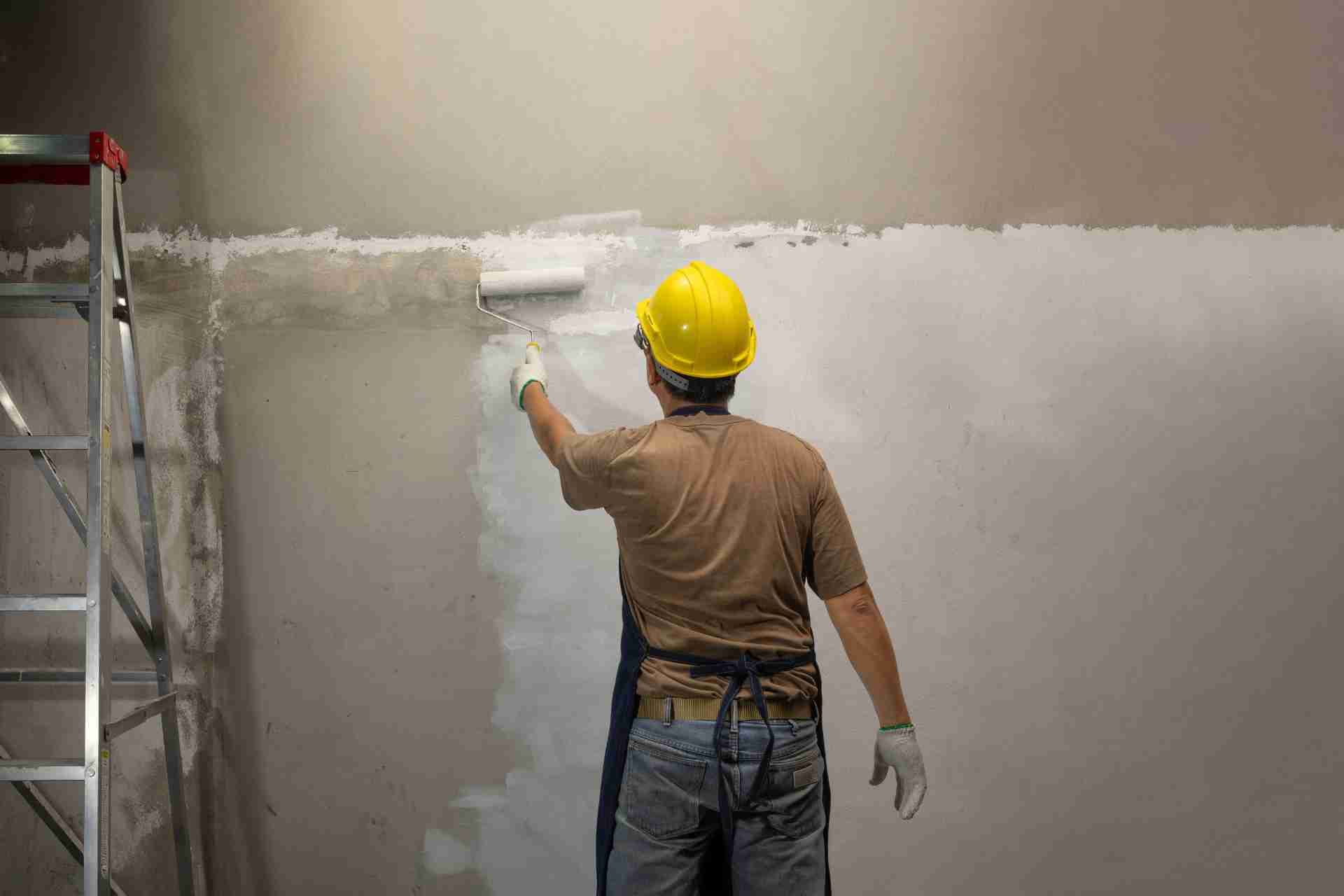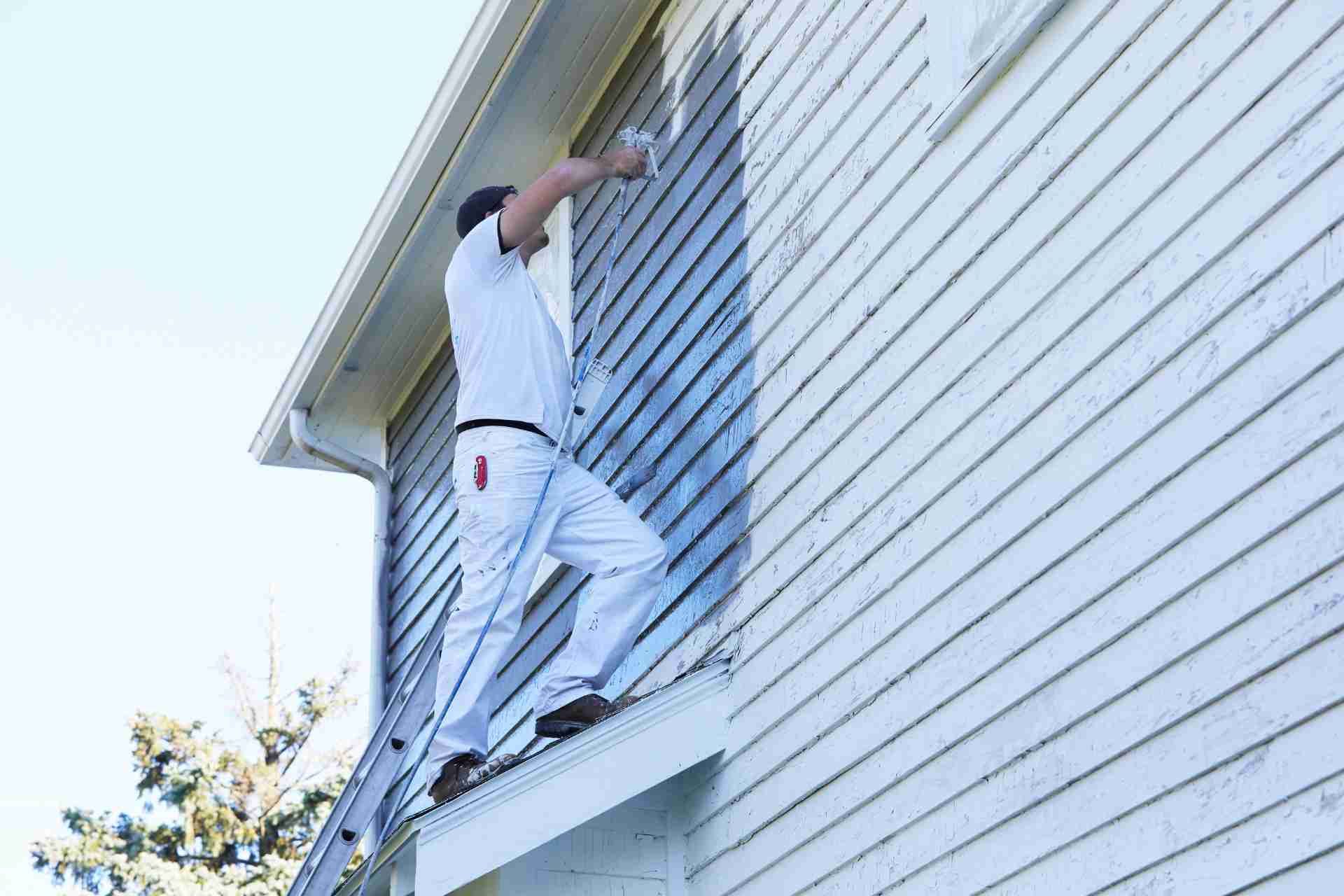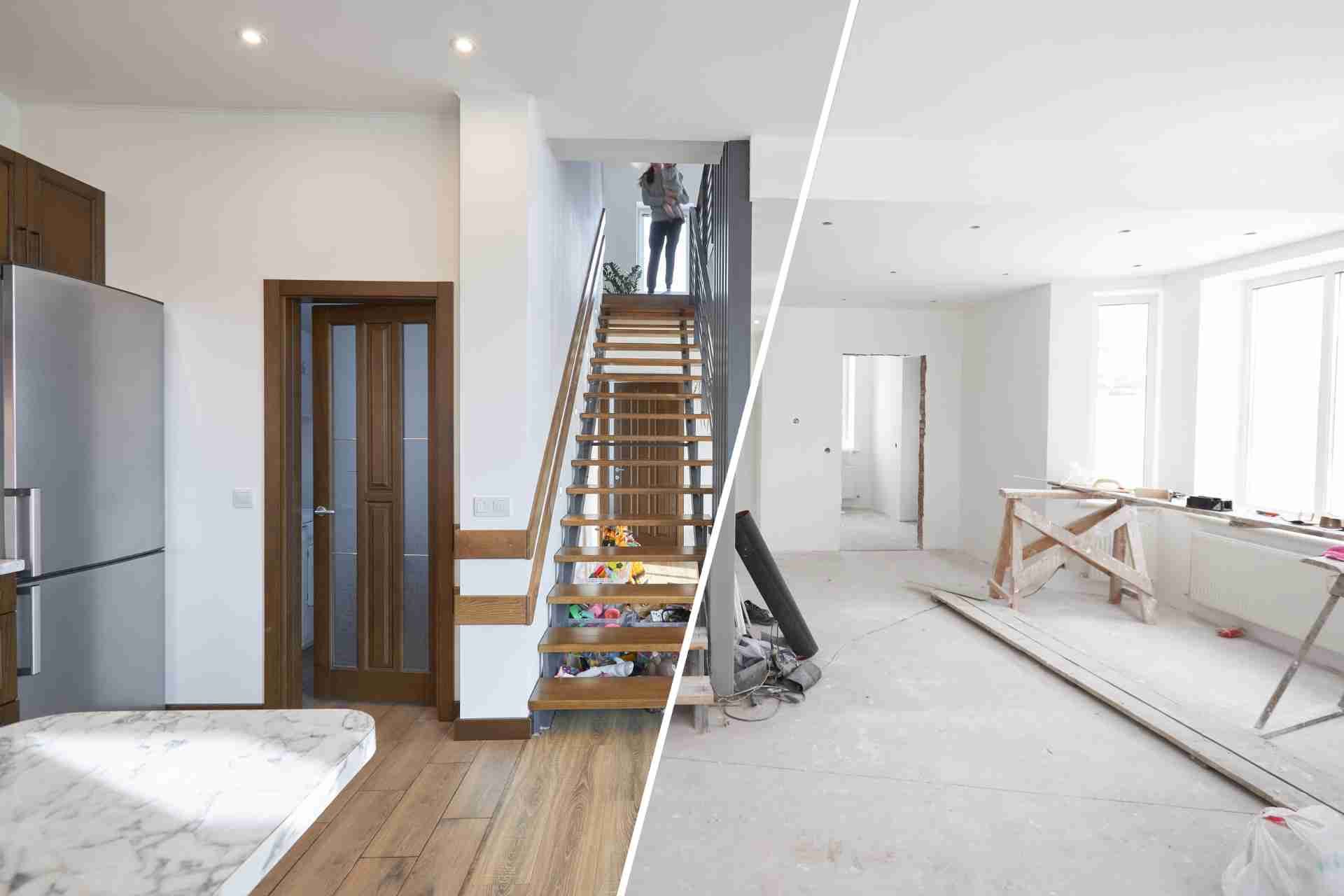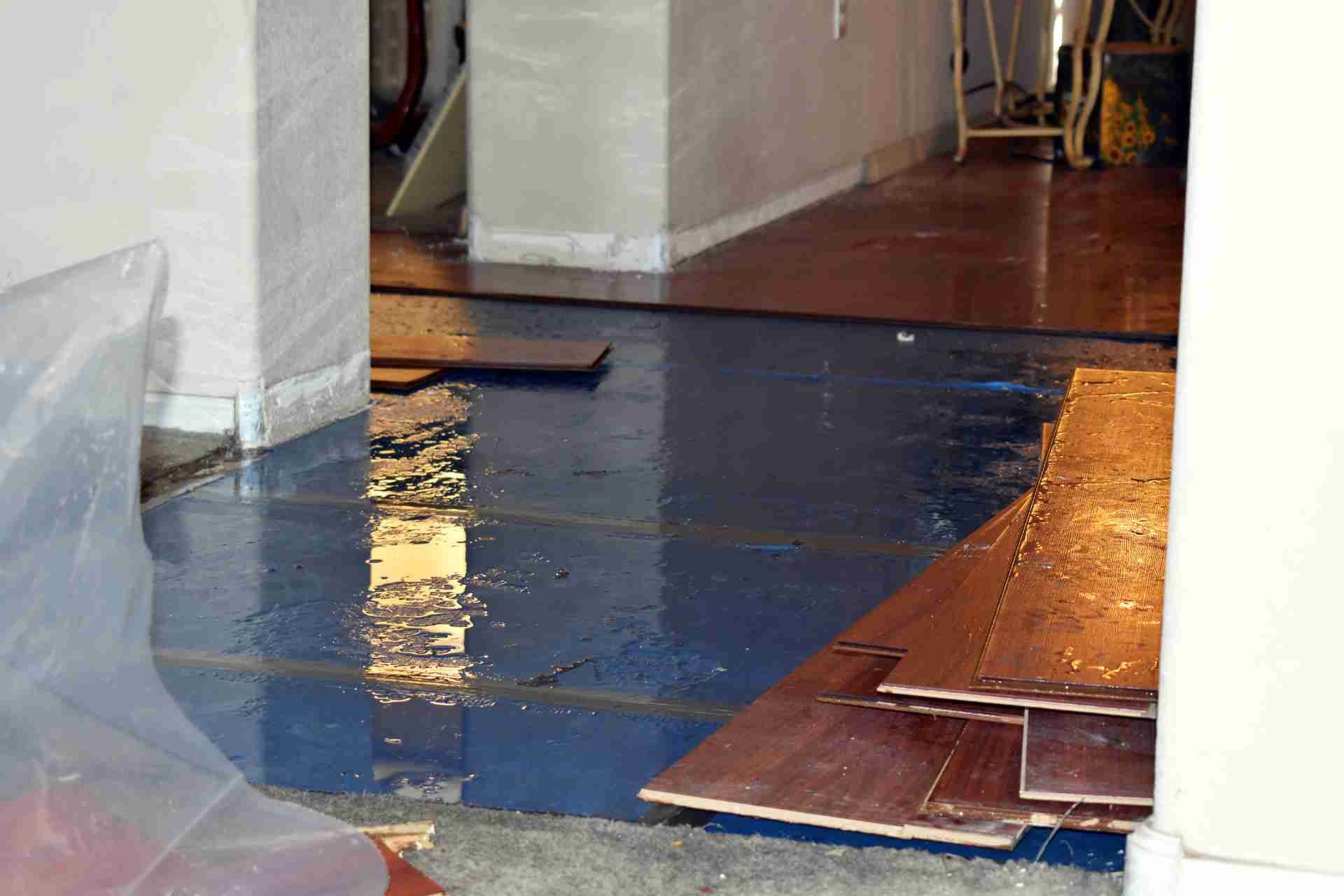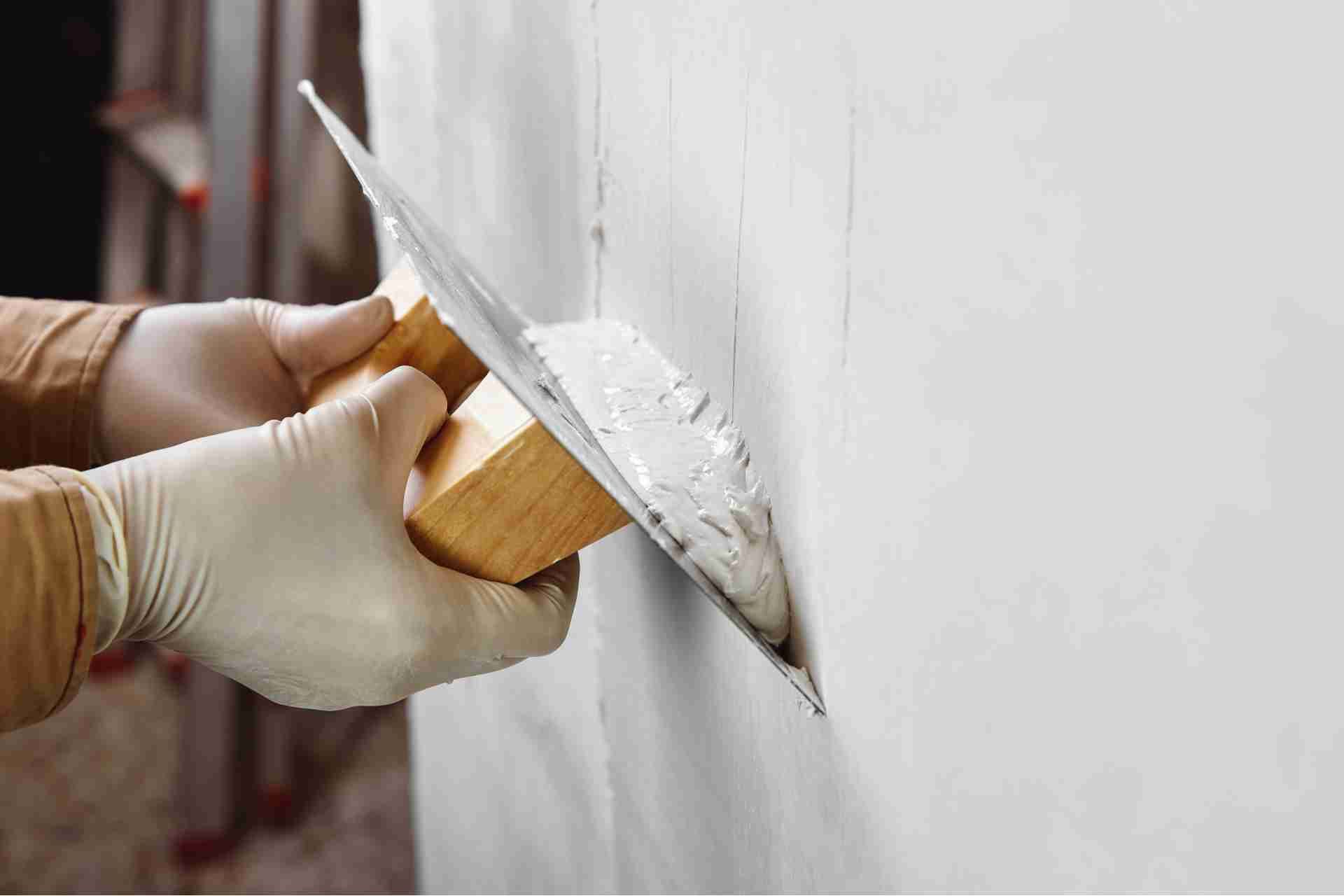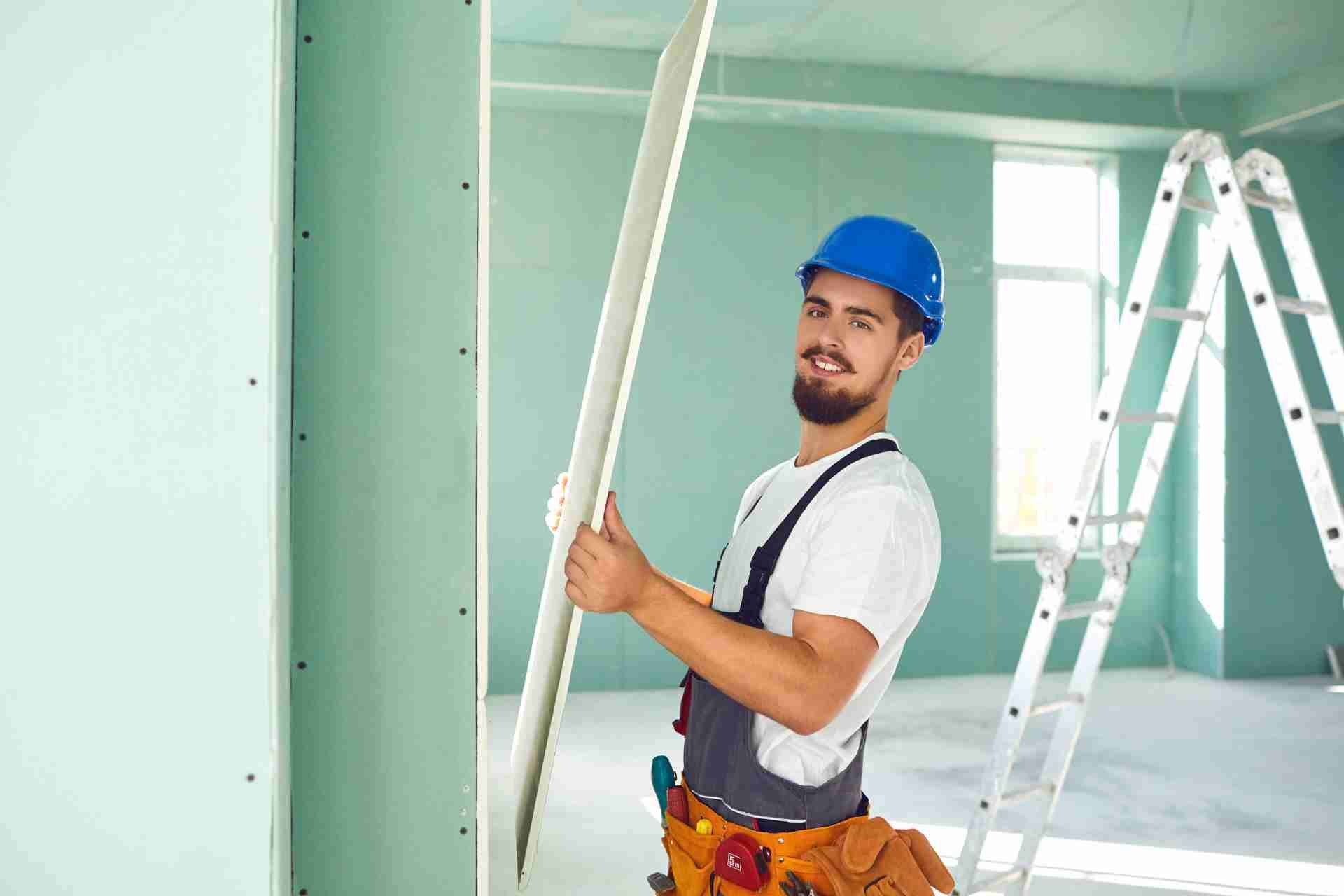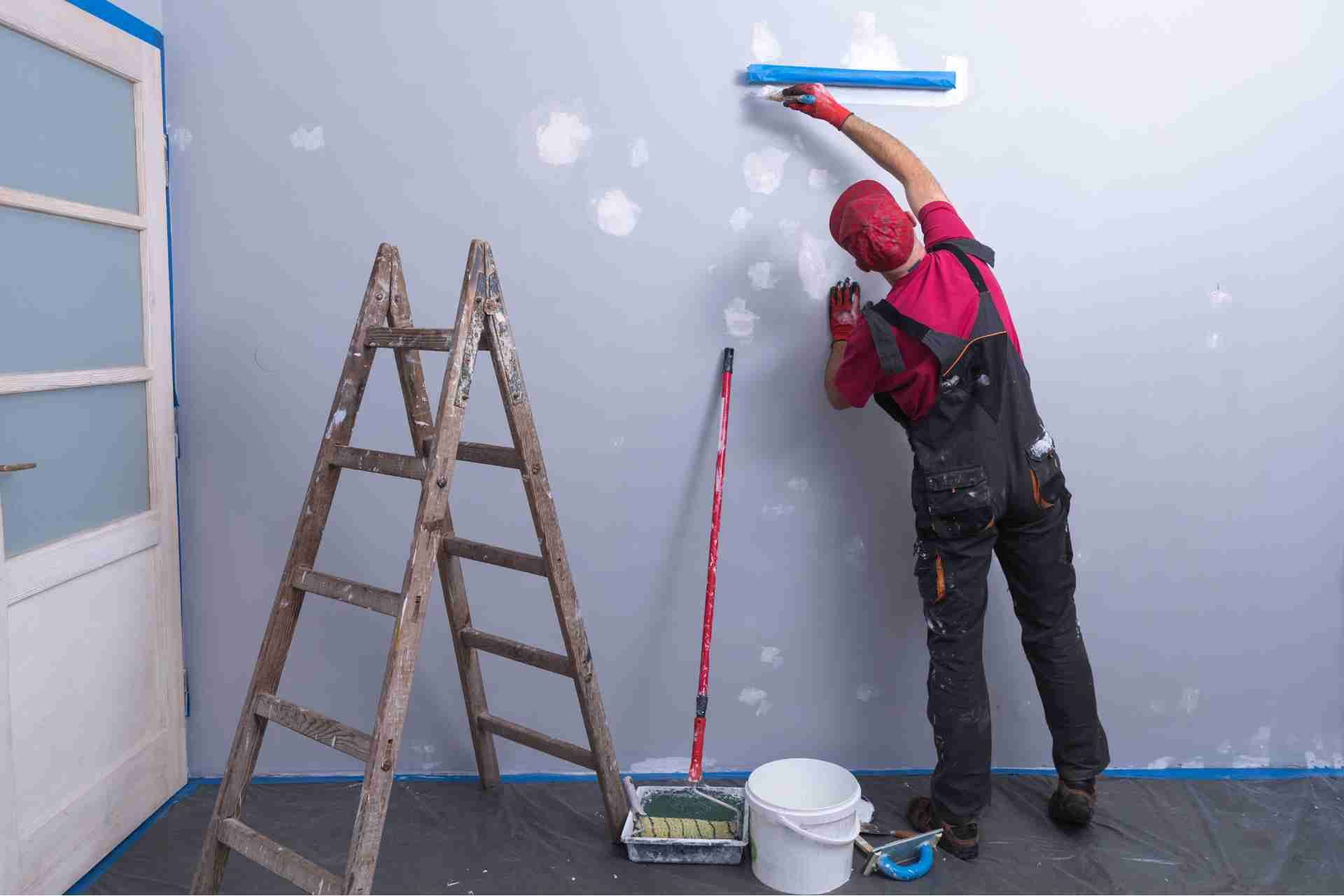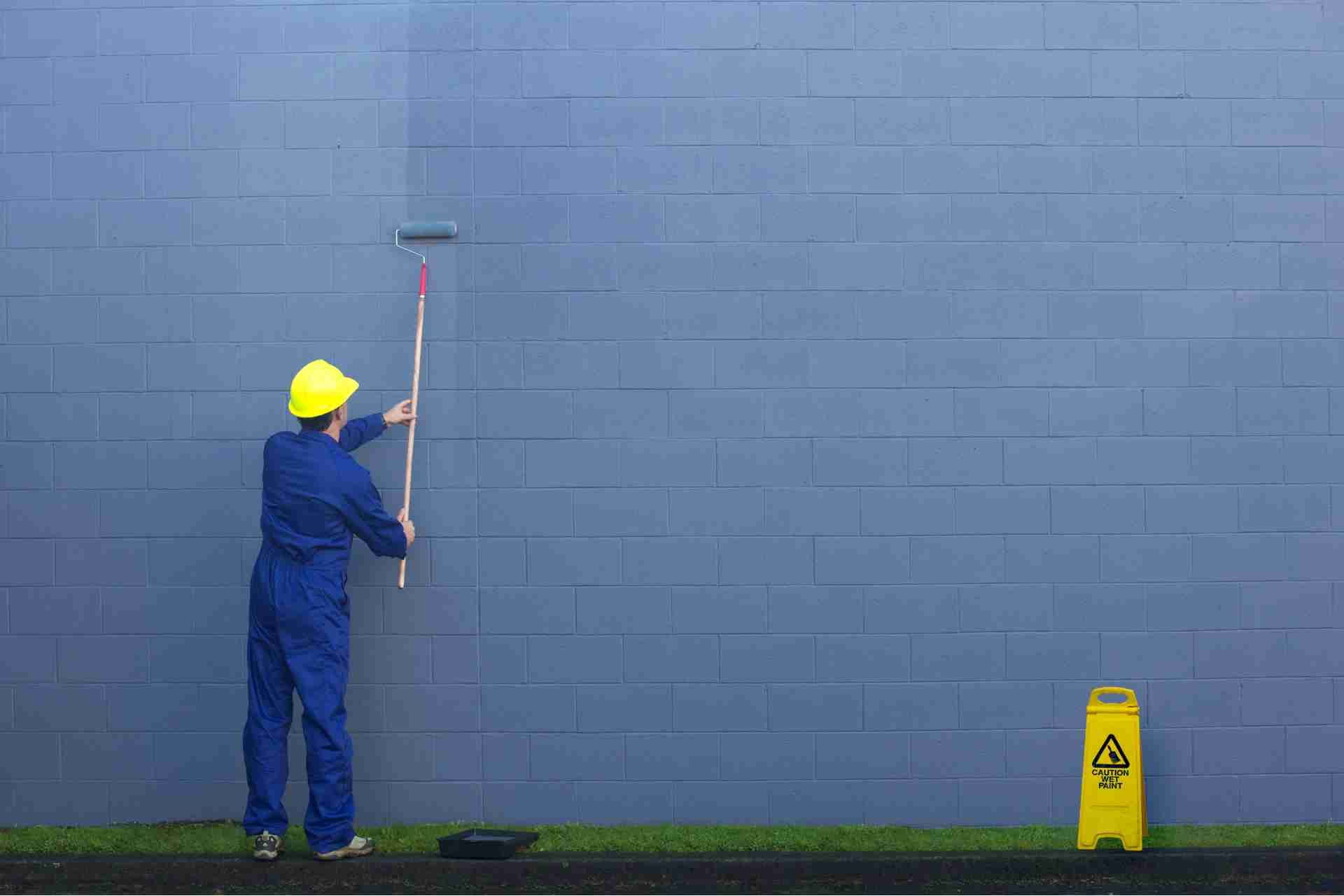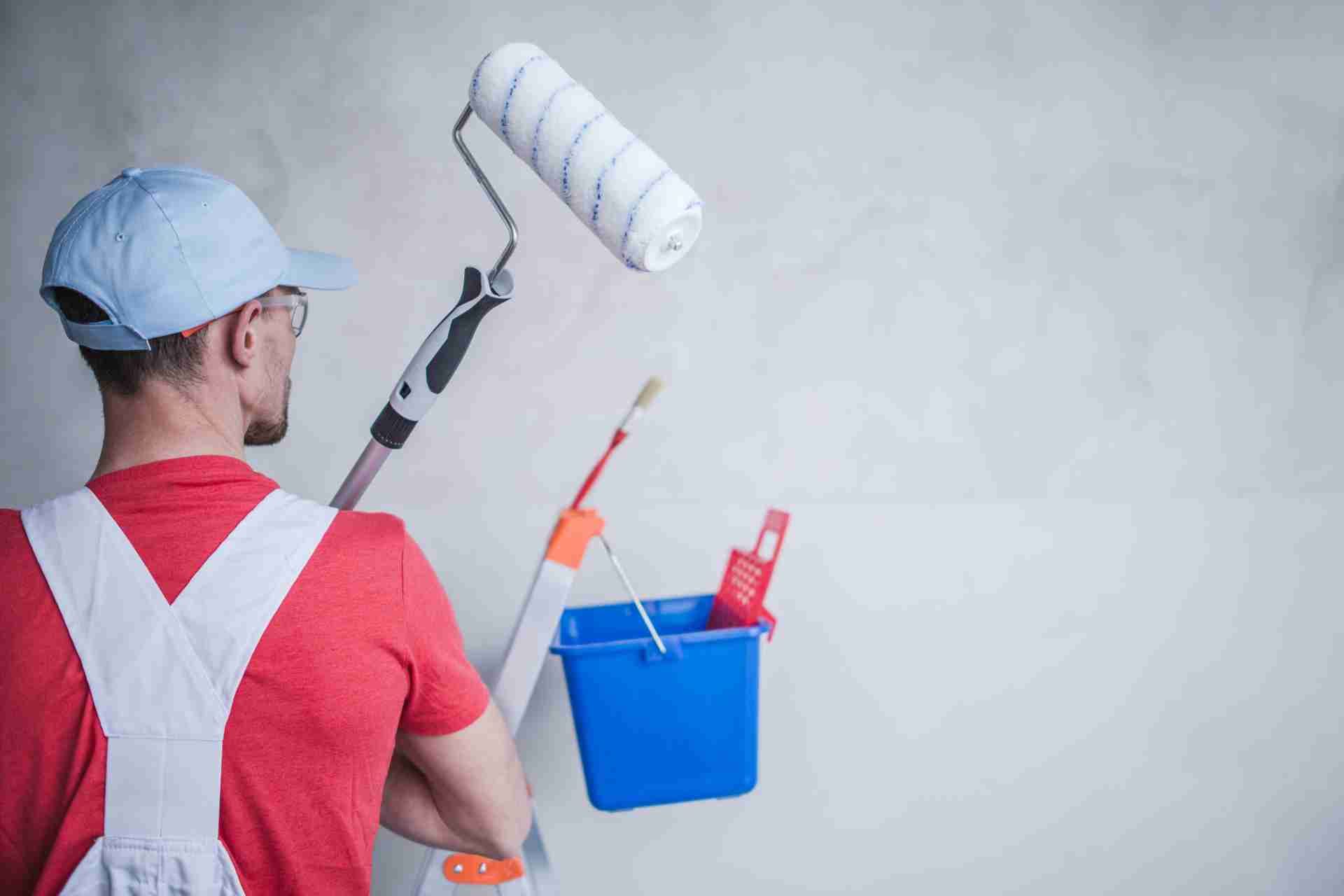How Long Are Paint Fumes Harmful

Painting a room can be a fun and exciting project, but it's important to be aware of the potential health risks associated with paint fumes. We've all experienced that distinct smell when fresh paint is being applied to a room.
The strong odor that is often present after painting is caused by volatile organic compounds (VOCs) found in paint. These chemicals can be harmful when inhaled in large quantities and can cause a range of health issues.
So, how long are paint fumes harmful? Let's take a closer look.
How Long Do VOCs Last After Painting?
The answer depends on a few factors, including the type of paints used, the ventilation in the room, and the temperature and humidity levels.
Oil-based paints tend to release higher levels of VOCs compared to water-based paints, so if you are using an oil-based paint, you can expect the smell to linger in the air for a longer period of time. Water-based paints, on the other hand, generally have lower levels of VOCs and may dissipate more quickly.
How Long are Paint Fumes Harmful
When paint is applied to a surface, it releases volatile organic compounds (VOCs) into the air. These VOCs can cause a range of health issues, from headaches and dizziness to respiratory problems and even damage to the central nervous system. The extent of the harm caused by paint fumes depends on a variety of factors, such as the type of paint being used, the ventilation in the room, and the duration of exposure.
In general, paint fumes are most harmful during the painting process and for a few hours afterwards. This is when the concentration of VOCs in the air is at its highest. However, the effects of paint fumes can linger for much longer, especially in poorly ventilated spaces. In some cases, the harmful effects of paint fumes can last for weeks or even months after painting is completed.
To minimize the health risks associated with paint fumes, it's important to take proper precautions when painting. This includes ensuring that the room is well-ventilated, either by opening windows and doors or using exhaust fans. It's also a good idea to wear a mask and gloves while painting, and to take frequent breaks to get some fresh air.
If you are particularly sensitive to paint fumes or have underlying health issues, it may be best to avoid painting altogether or to hire a professional painter who can take the necessary precautions to minimize your exposure to harmful fumes.
Factors Affecting Harmful Exposure
Factors such as room size, ventilation quality, and duration of exposure can significantly impact the level of harmful paint fume exposure you may experience. When considering ventilation, the size of the room plays a crucial role. A smaller room with limited airflow can lead to a quicker buildup of fumes compared to a larger, well-ventilated area. Proper ventilation considerations, like opening windows and using fans, can help reduce the concentration of paint fumes in the air, minimizing your risk of exposure.
Additionally, the duration of exposure is key. Spending extended periods in a freshly painted room increases your likelihood of inhaling harmful chemicals. To mitigate this risk, taking breaks outside or in well-ventilated areas can help reduce your overall exposure. Furthermore, using respiratory protection, such as a mask or respirator, can provide an extra layer of defense against inhaling paint fumes. By being mindful of these factors and taking necessary precautions, you can better protect yourself from the harmful effects of paint fume exposure.
Health Risks of Prolonged Inhalation
Inhaling paint fumes over a prolonged period can pose serious health risks that individuals should be aware of, especially considering factors like room size and ventilation quality. Respiratory effects are among the most common issues associated with prolonged inhalation of paint fumes. These effects can range from mild symptoms like coughing, throat irritation, and shortness of breath to more severe conditions such as asthma exacerbation or chronic respiratory problems.
Long term consequences of continuous exposure to paint fumes can be even more concerning. Studies have linked prolonged inhalation of paint fumes to an increased risk of developing respiratory diseases, including bronchitis, pulmonary edema, and even lung cancer. Additionally, certain chemicals found in paints, such as volatile organic compounds (VOCs), can have systemic effects on the body when inhaled over an extended period.
To safeguard your health, it's crucial to minimize exposure to paint fumes by ensuring proper ventilation, using protective gear like masks, and taking regular breaks when working in a painted area. Being aware of the potential health risks of prolonged inhalation can help you prioritize safety when undertaking painting projects.
Minimizing Paint Fume Impact
Implementing proper ventilation systems can significantly reduce the impact of paint fumes during indoor painting projects. Ventilation solutions such as using fans to circulate air and opening windows can help disperse the fumes more effectively, minimizing their concentration in the room. Additionally, utilizing exhaust fans that vent to the outdoors can further enhance air circulation and reduce the buildup of fumes.
In addition to ventilation solutions, odor control methods can also help minimize the impact of paint fumes. Consider using air purifiers with activated carbon filters to help remove volatile organic compounds (VOCs) from the air, reducing the intensity of the paint odors. You can also try placing bowls of white vinegar around the room, as vinegar can help neutralize strong paint smells.
Monitoring Air Quality Post-Painting
After completing a painting project indoors, it's essential to monitor the air quality to ensure that any lingering paint fumes are adequately dispersed. Air purification methods such as using air purifiers can be beneficial in removing remaining fumes from the indoor environment. These devices work by filtering out pollutants and improving overall air quality.
Ventilation strategies play a crucial role in speeding up the process of eliminating paint fumes. Opening windows and using fans help to increase the circulation of fresh air, aiding in the dispersion of fumes. It's recommended to continue monitoring the air quality for a few days post-painting to ensure that the environment is safe and healthy.
If you notice any persistent odors or respiratory irritations, consider implementing additional air purification methods or enhancing ventilation strategies. By taking these steps, you can effectively reduce the impact of paint fumes and create a cleaner, more breathable indoor space.

